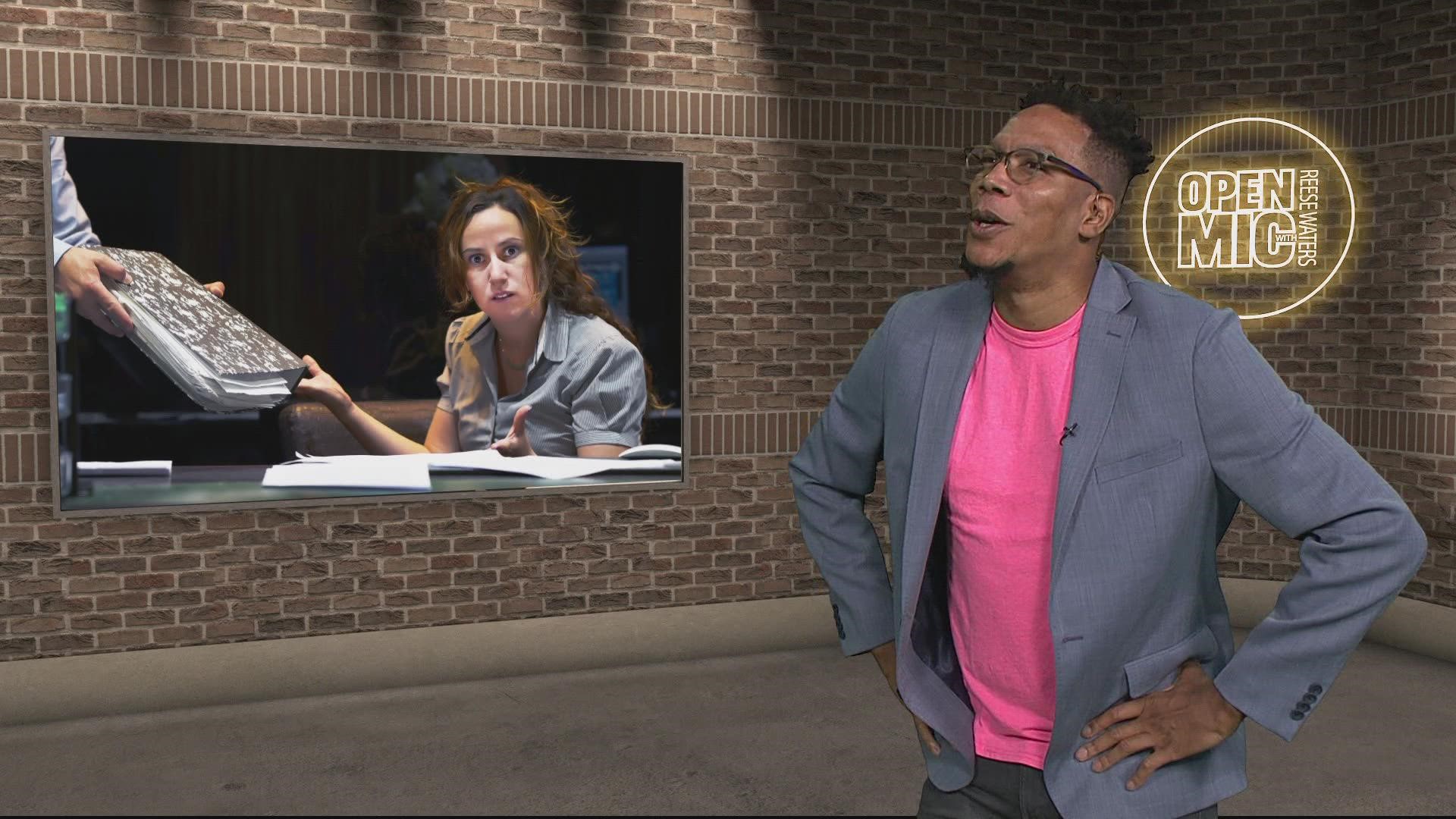WASHINGTON — If the term quiet quitting sounds foreign to you, rest assured: the sentiment is nothing new.
With bosses seeming to always expect overtime and coworkers competing for who can churn out the most projects it can seem appealing to want out of the "hustle culture" you found yourself wrapped up in. Some have turned to quiet quitting, or as Urban Dictionary defines it, "physically, you still turn up to work but mentally, you check out and do the absolute bare minimum to get by."
Although that definition sounds negative, many view quiet quitting as a way to protect their mental health by setting health boundaries.
Some have heralded the viral internet term as far from any definition of quitting; it's just the original definition of working, without all of the subtexts. Making the decisive choice to establish clearer work/life boundaries fits one definition, or simply putting your all into the tasks in your original job description and saying no to additional projects.
Although perceptions may vary, psychologist Dr. Gregory Jantz -- who specializes in treating anxiety, stress and burnout -- feels it could be indicative of something larger, and worth addressing.
After experiencing a years-long pandemic filled with loss, assimilating back into daily life after lockdowns and stress-inducing inflation, Dr. Jantz said that it's no wonder people may want to check out from work.
"There's something going on that I'm calling anticipatory anxiety, and the anxiety levels are so high," he said. "So the chronic stress is high; people are just expecting the next bad thing to happen. So there's a lot of anxiety. So when I feel a lot of anxiety, I find a way to get out; I can quietly quit."
However, Jantz explained that it's not really quiet quitting in a healthy sense -- such as being firmer with your work/life boundaries -- unless you are also simultaneously employing clear communication when you do so. Otherwise, he says, that's just shirking accountability.
"As a mental health expert for the last 38 years, one of the things that I am seeing is we are misunderstanding what boundaries are," he explained. "A boundary is something that I need to make clear in a kind and polite way. So quiet quitting is a way of avoiding the emotions. It's a way of avoiding or confronting real issues. So it's really not a boundary, it's an escape."
Jantz specified that to enforce a boundary, it's important to specify what it is. If you can only work until a certain time daily, it's important to let everyone you work with know so that they can respond by respecting that clearly-established boundary and sorting out how to work around it.
Checking out of work without clear communication could be indicative of the more serious issue of burnout, Dr. Jantz warned, which often folds in pre-symptoms of depression, anxiety and little hope for your own future in the workplace and outside of it.
"Burnout leads us down a path, oftentimes of some significant depression," he explained. "If I'm in burnout, I've stopped taking good care of myself, I'm probably not eating well, I'm probably not drinking my water, and my sleep is probably affected."
Dr. Jantz encourages people who feel they may need to make a change to first start with what they're doing to take care of themselves and noting any additional escapism behaviors they're engaging in, like drinking too much alcohol. Avoiding loved ones and binging on screen time can also be negative indicators.
It's also important to ensure that exercise and some movement -- even if it's just a short walk -- are folded into your daily routine. Even over-indulging in caffeine, failing to drink water, or not regularly getting enough sleep can be a result of a depressed mood or chronic stress.
Dr. Jantz said that it's best to work out a 30-day plan to pull your self-care together. If you're struggling to do it on your own, it's likely a good time to get a mental health professional involved. Although finding an expert to help may feel like another addition to an already too-long to-do list, oftentimes it's necessary to get yourself headed in the right direction. A professional can help you with accountability as you work through a plan to get yourself on track.
"If you've been struggling, and it's been three months, and it feels like things are not changing, that's probably time to ask for some outside help," he said while specifying it's best to speak with three different professionals before making a choice.
Even if finding the right match takes a moment, and you end up on a few waiting lists, Dr. Jantz says not to give up -- that's still progress!
"There's hope," he said. "And remember, hope comes when there's a plan."

